The World Is Flat
A Brief History of the Twenty-first Century
Number of pages: 488
Publisher: Farrar, Straus and Giroux
BBB Library: Technology and Globalization
ISBN: 9780374292881
Editorial Review
When scholars write the history of the world twenty years from now, and they come to the chapter Y2K to March 2004, what will they say was the most crucial development? The attacks on the World Trade Center on 9/11 and the Iraq war? Or the convergence of technology and events that allowed India, China, and so many other countries to become part of the global supply chain for services and manufacturing, creating an explosion of wealth in the middle classes of the world's two biggest nations, giving them a huge new stake in the success of globalization? And with this flattening of the globe, which requires us to run faster in order to stay in place, has the world gotten too small and too fast for human beings and their political systems to adjust in a stable manner? In this brilliant new book, the award-winning New York Times columnist Thomas Friedman demystifies the brave new world for readers, allowing them to make sense of the often bewildering global scene unfolding before their eyes. With his inimitable ability to translate complex foreign policy and economic issues, Friedman explains how the flattening of the world happened at the dawn of the twenty-first century; what it means to countries, companies, communities, and individuals; and how governments and societies can, and must, adapt. The World Is Flat is the timely and essential update on globalization, its successes and discontents, powerfully illuminated by one of our most respected journalists.
Book Reviews
Books on Related Topics
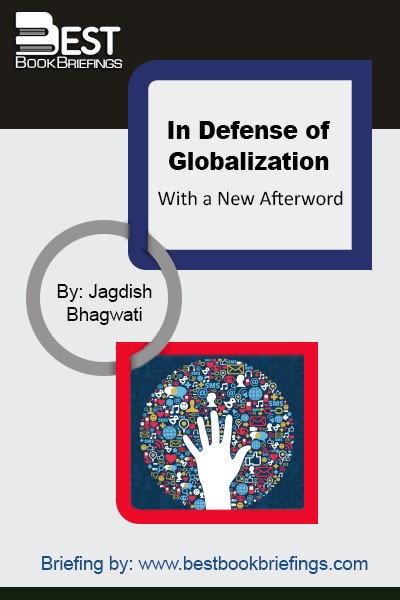
In the passionate debate that currently rages over globalization, critics have been heard blaming it for a host of ills afflicting poorer nations, everything from child labor to environmental degradation and cultural homogenization. Now Jagdish Bhagwati, the internationally renowned economist, takes on the critics, revealing that globalization, when properly governed, is

What good is a museum or heritage site in this city of gold, driven by development and aspiration, where history is for some just another word for outdated, while for others it is so deeply personal and familial that it has no place in the public realm?
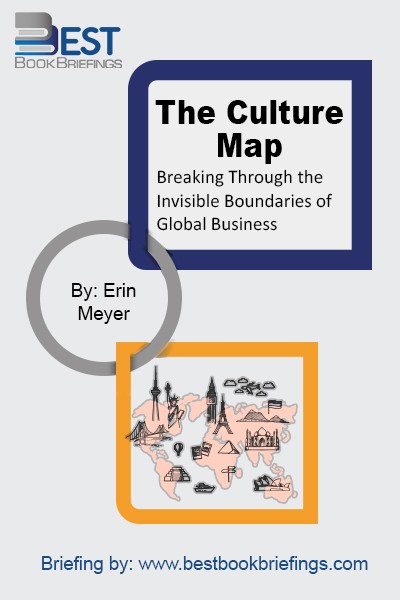
The vast majority of managers who conduct business internationally have little understanding about how culture is impacting their work. This is especially true as more and more of us communicate daily with people in other countries over virtual media like e-mail or telephone. Culture has impacted your communication, how you understand

To realize the current global stage, all you need to do is to look at your dinner table! It’s full of food from the four corners of the World; Salmon from Chile, sauce and spices from Brazil. Your dishes might be from China or Hungary, and glassware from the Czech Republic.
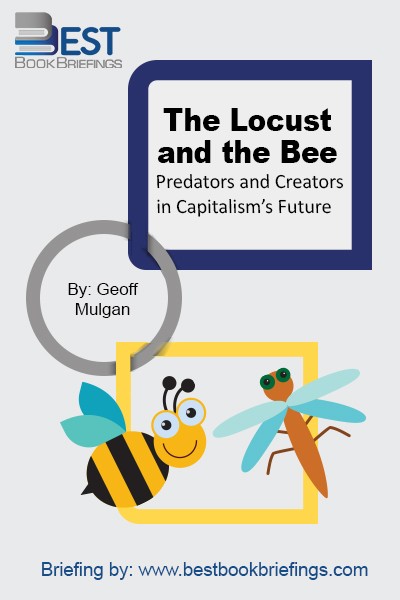
The recent economic crisis was a dramatic reminder that capitalism can both produce and destroy. It's a system that by its very nature encourages predators and creators, locusts and bees. But, as Geoff Mulgan argues in this compelling, imaginative, and important book, the economic crisis also presents a historic opportunity to
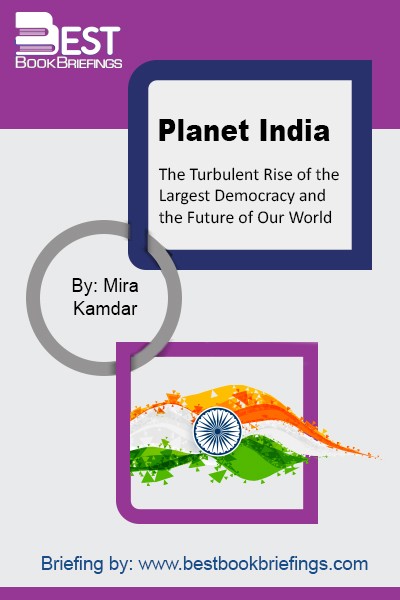
India is everywhere - Indian studios produce animated features and special effects for Hollywood movies; Indian software manages our health records; and Indian customer service centres answer our calls. A country of English speakers and a free-market democracy, with the youngest population on Earth, India is not only the fastest growing

Business and political leaders often talk about what their respective countries must do to compete in the world economy. But what does it really mean for a country to compete, and how do they do this successfully? Countries develop strategies to compete for the markets, technologies, skills, and investment that will
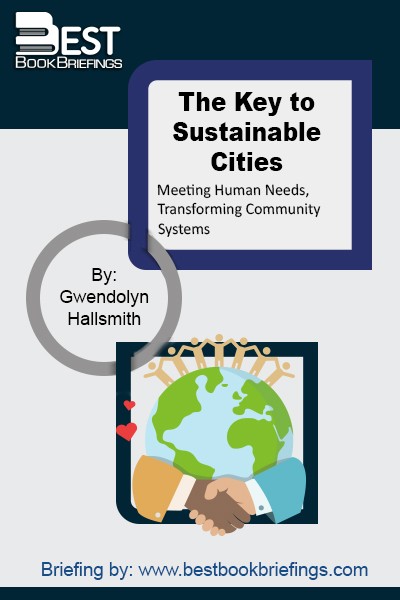
All over the world, cities and towns are challenged with sudden and significant increases in population that tax their ability to meet the needs of residents. A great migration is underway. Some 20 million people move to cities every year, a human transmigration unprecedented in history. From 1950 to 1990 the

In a brilliant conclusion drawing together the threat of nuclear blackmail, global warming and the growing commodification of life represented by video games, voice mail, and VCRs, Visions of the Future issues a call to face the challenges of the twenty-first century with a new resolve strengthened by the inspiration of



